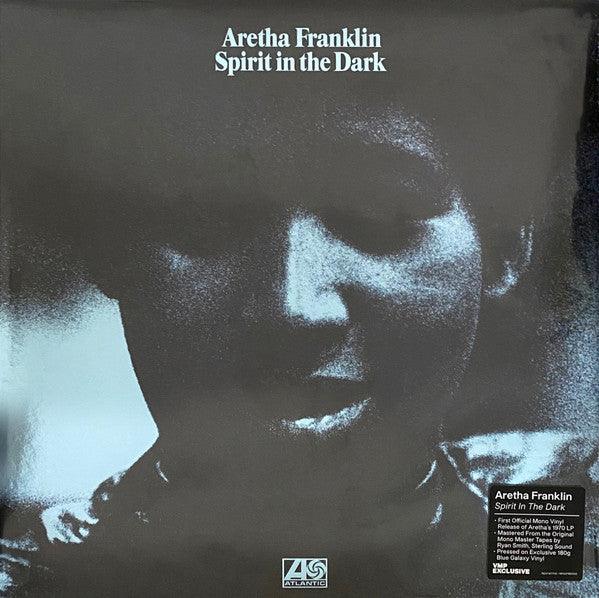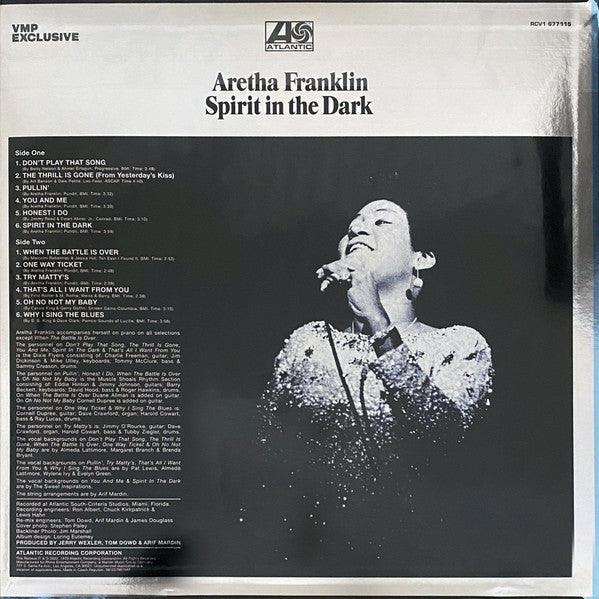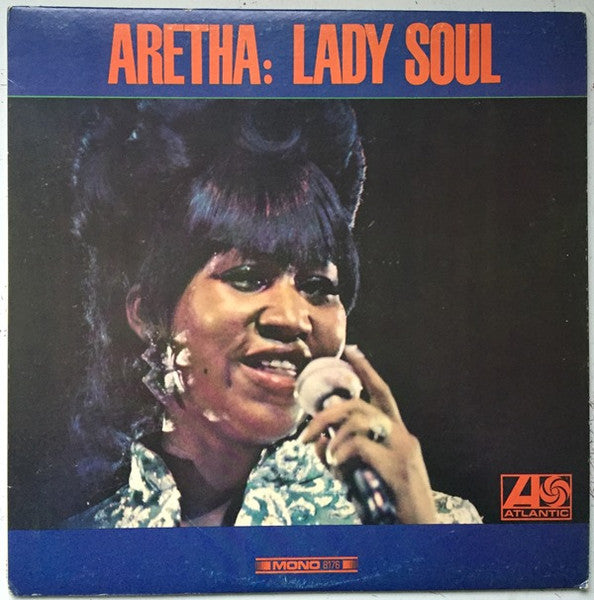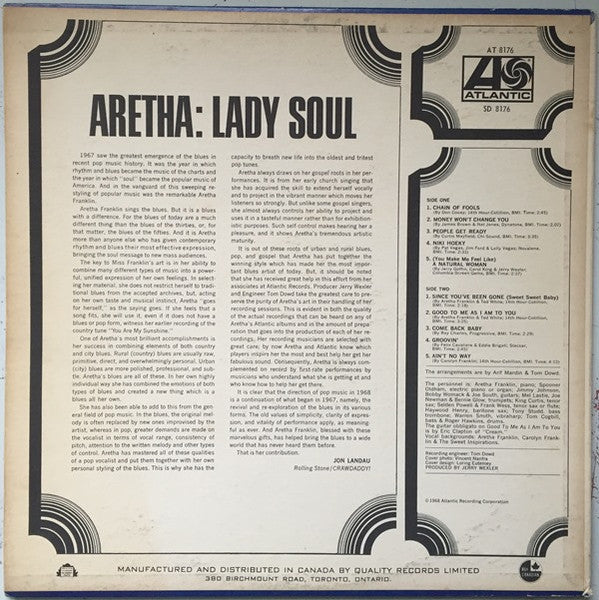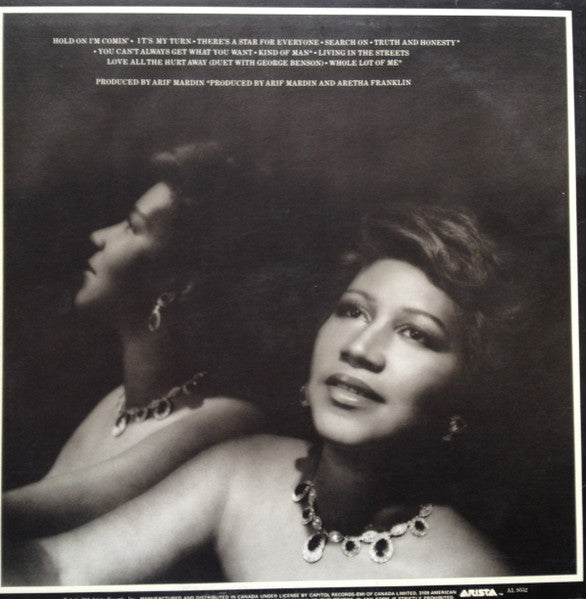The "Queen of Soul" is one of the most celebrated vocalists in the history of popular music. Born on March 25, 1942, in Memphis, Tennessee, and raised in Detroit, Michigan, Franklin's career spanned more than six decades, during which she became a symbol of strength, resilience, and excellence in American music.
Franklin's early exposure to music came from her father, Reverend C.L. Franklin, a prominent Baptist minister, and civil rights activist. Her upbringing in the church deeply influenced her singing style, which blended gospel's emotional intensity with the technical precision of pop and R&B. Even in her early teens she was drawing global stars to her performances.
After signing with Columbia Records in the early 1960s, Franklin struggled to find her musical identity. It wasn't until she moved to Atlantic Records in 1966 that she began to fully realize her potential. Her breakthrough came with the release of "I Never Loved a Man the Way I Love You" (1967), which included the timeless "Respect." That song, originally written by Otis Redding, became a powerful anthem for the civil rights and feminist movements, solidifying Franklin's status as a voice for social change.
Throughout the late 1960s and 1970s, Franklin continued to dominate the charts with a string of hits, including "Chain of Fools," "Think," and "(You Make Me Feel Like) A Natural Woman." Her ability to convey deep emotion through her voice, coupled with her formidable piano skills, made her one of the most versatile and compelling artists of her time.
Franklin's influence extended beyond music. She was a powerful symbol of black pride and female empowerment, using her platform to advocate for civil rights and social justice. Her performances at events such as Dr. Martin Luther King Jr.'s funeral and President Barack Obama's inauguration are testaments to her cultural significance.
Over the course of her career, Franklin received numerous accolades, including 18 Grammy Awards, the Presidential Medal of Freedom, and induction into the Rock and Roll Hall of Fame as the first female inductee. Her voice, often described as a "force of nature," is widely regarded as one of the greatest in the history of recorded music.
Aretha Franklin's legacy is not just defined by her chart-topping hits or awards, but by her lasting impact on music and society. She inspired generations of artists across genres, and her songs continue to resonate with audiences worldwide. Even after her passing in 2018, Franklin's influence remains.
A performer, a pioneer, and a cultural icon, Aretha Franklin's contributions to music are immeasurable. Her voice, rich with emotion and authenticity, continues to inspire and uplift, ensuring her place as one of the most important and beloved figures in the history of music.









